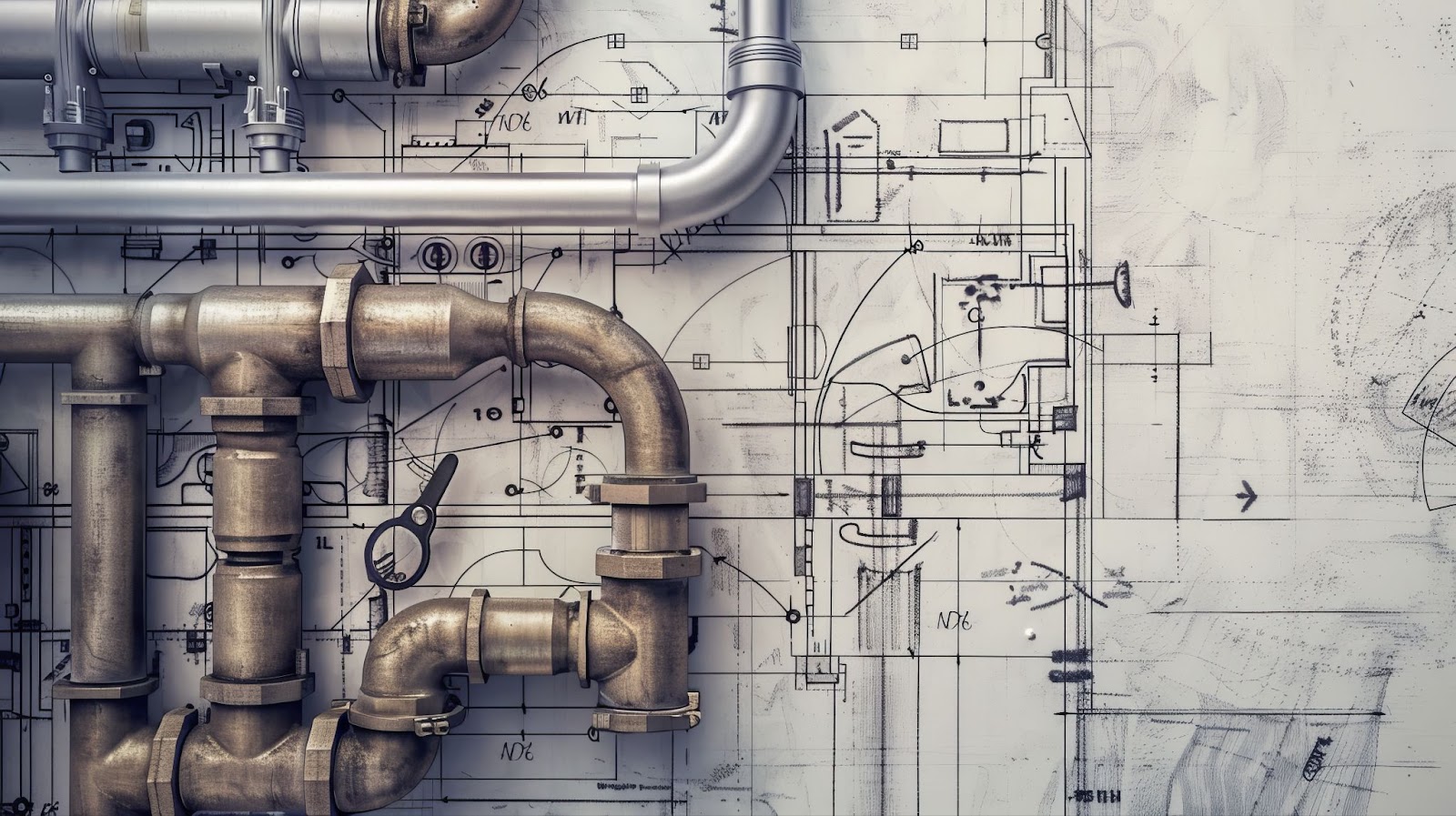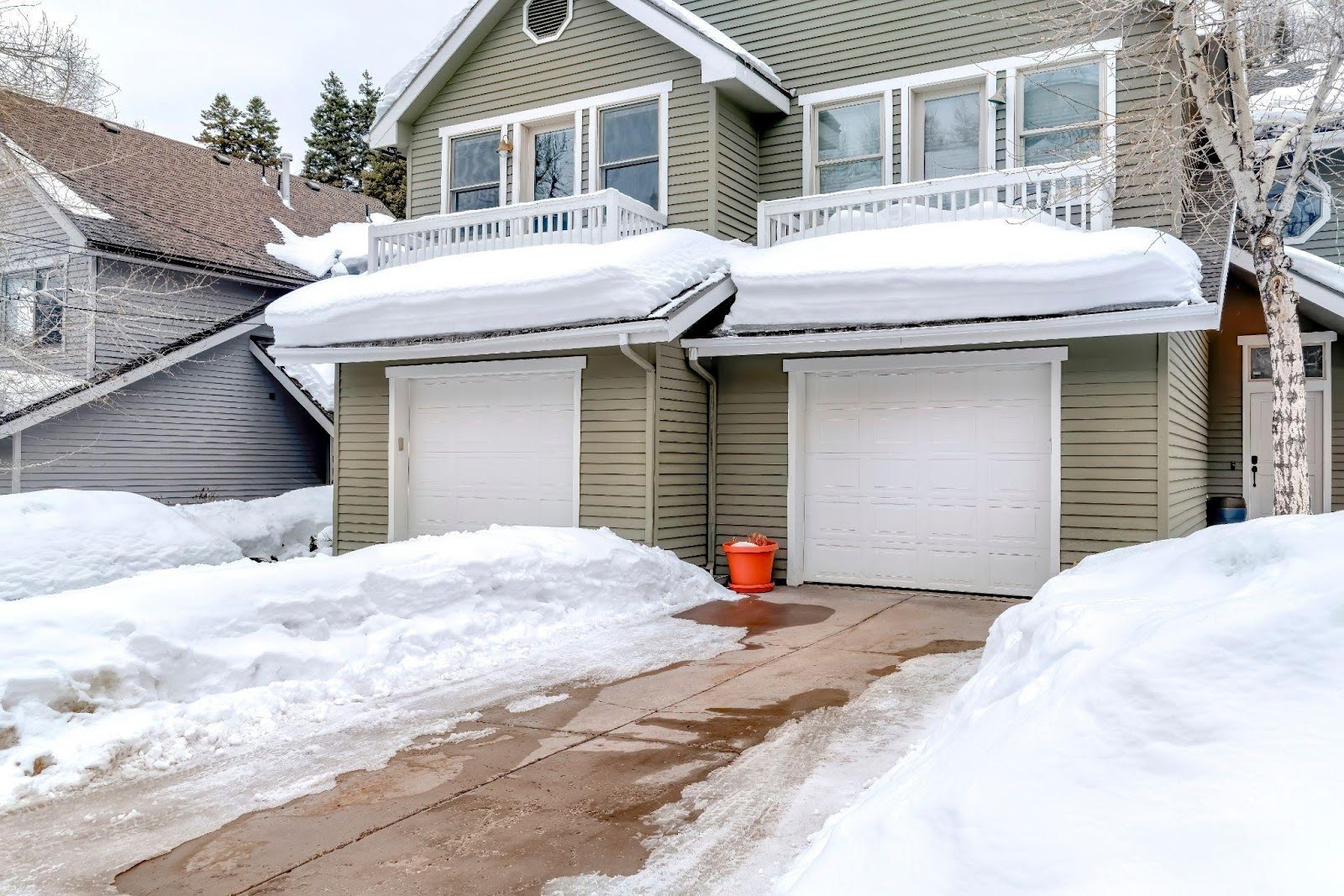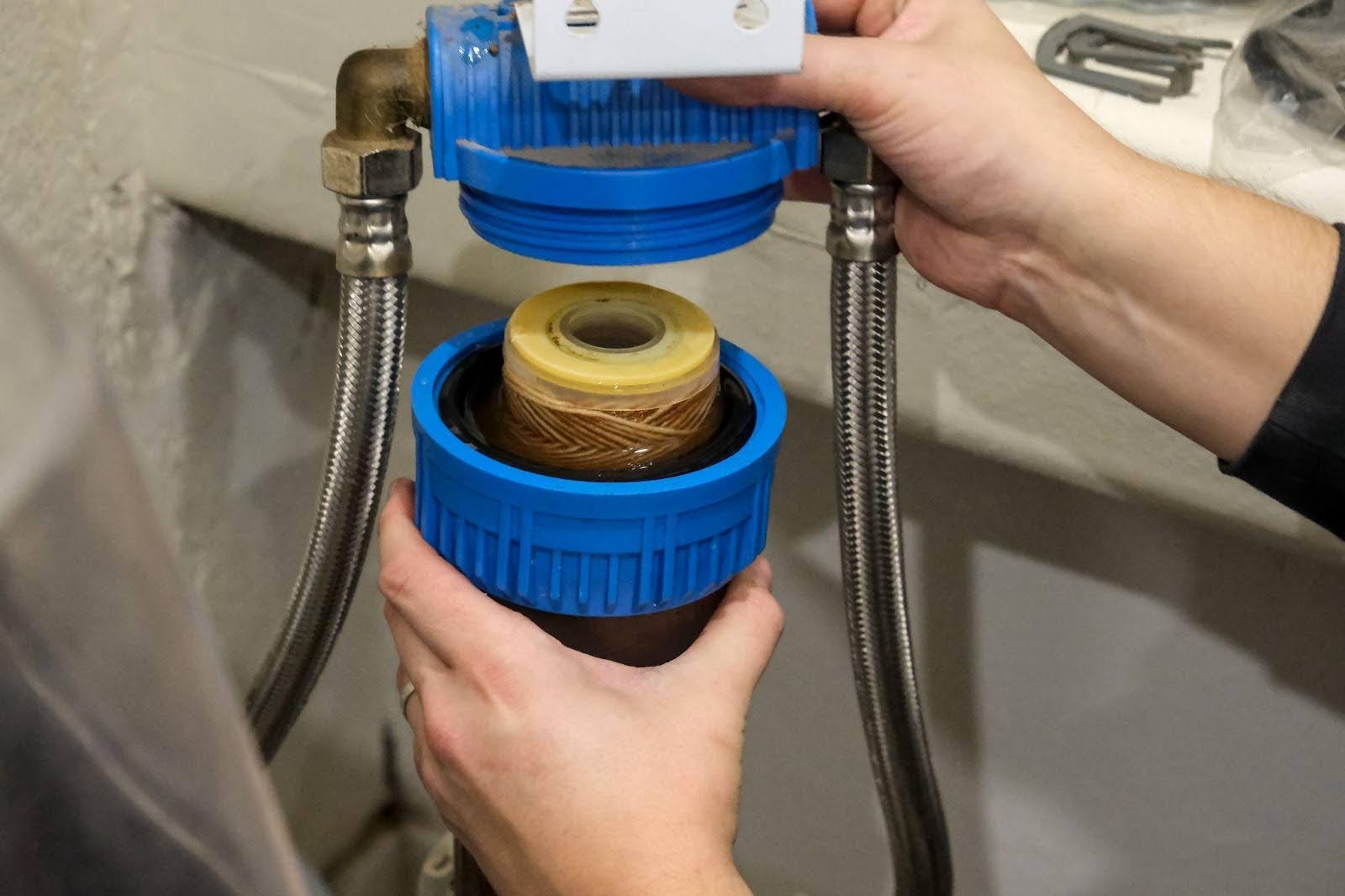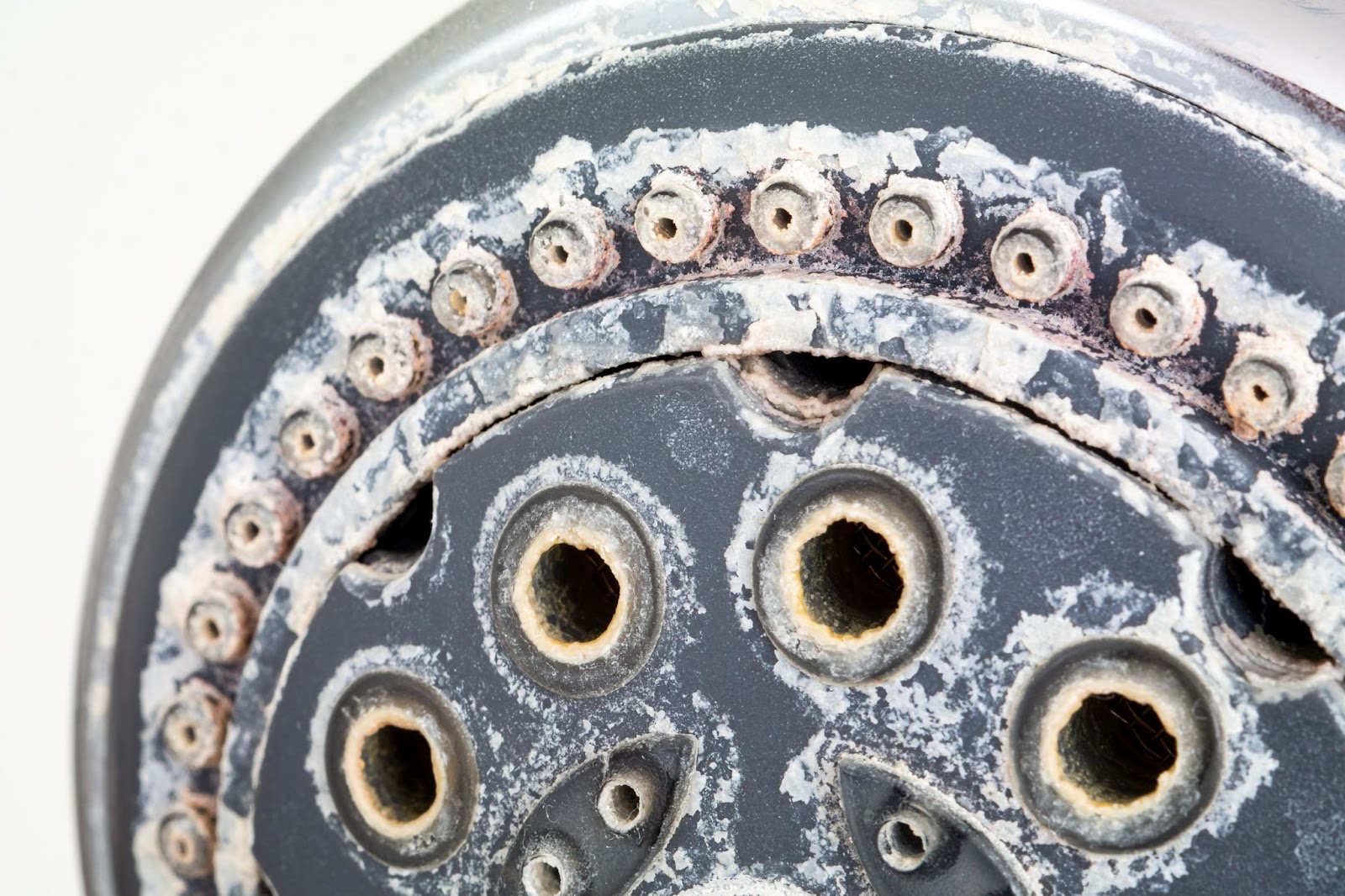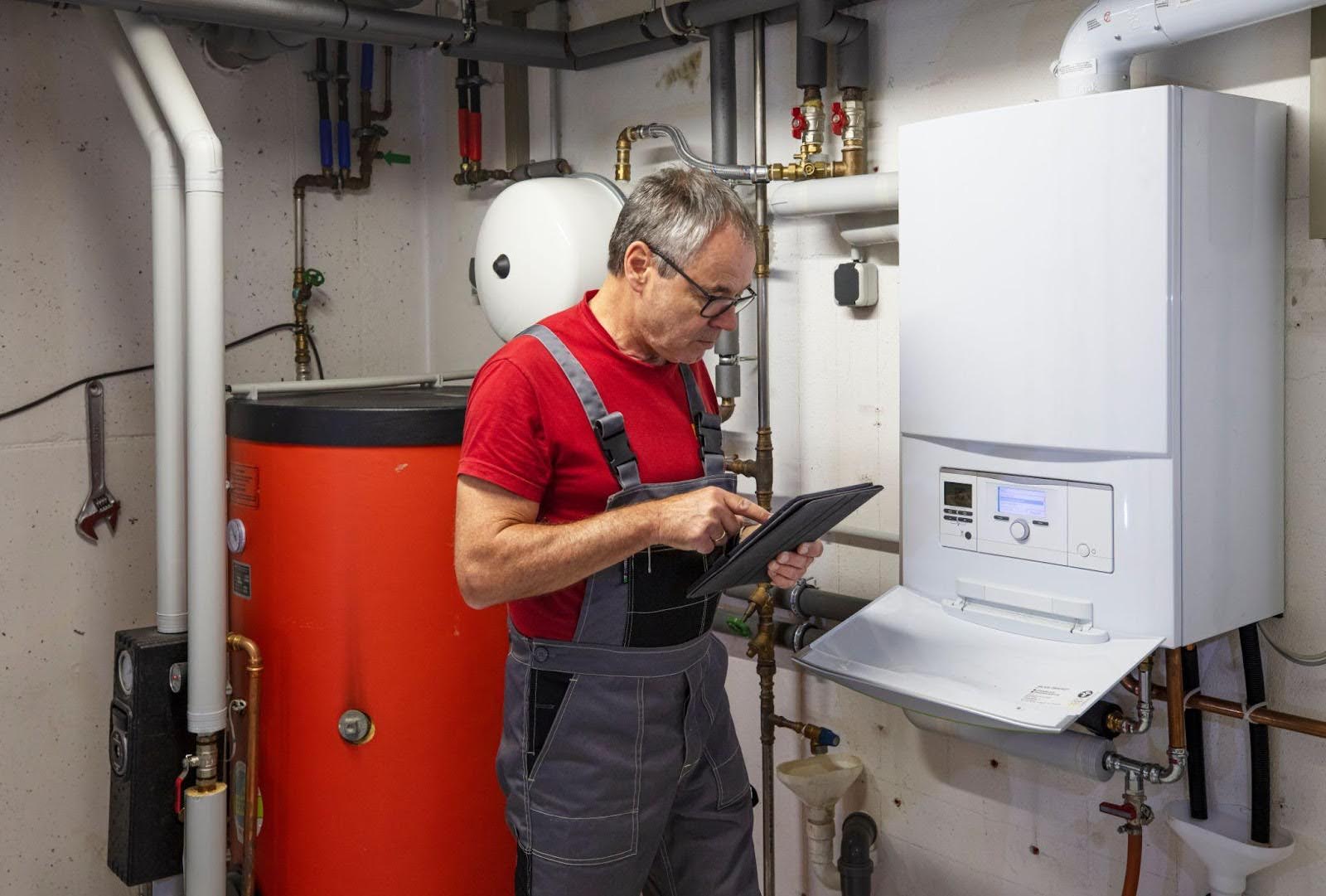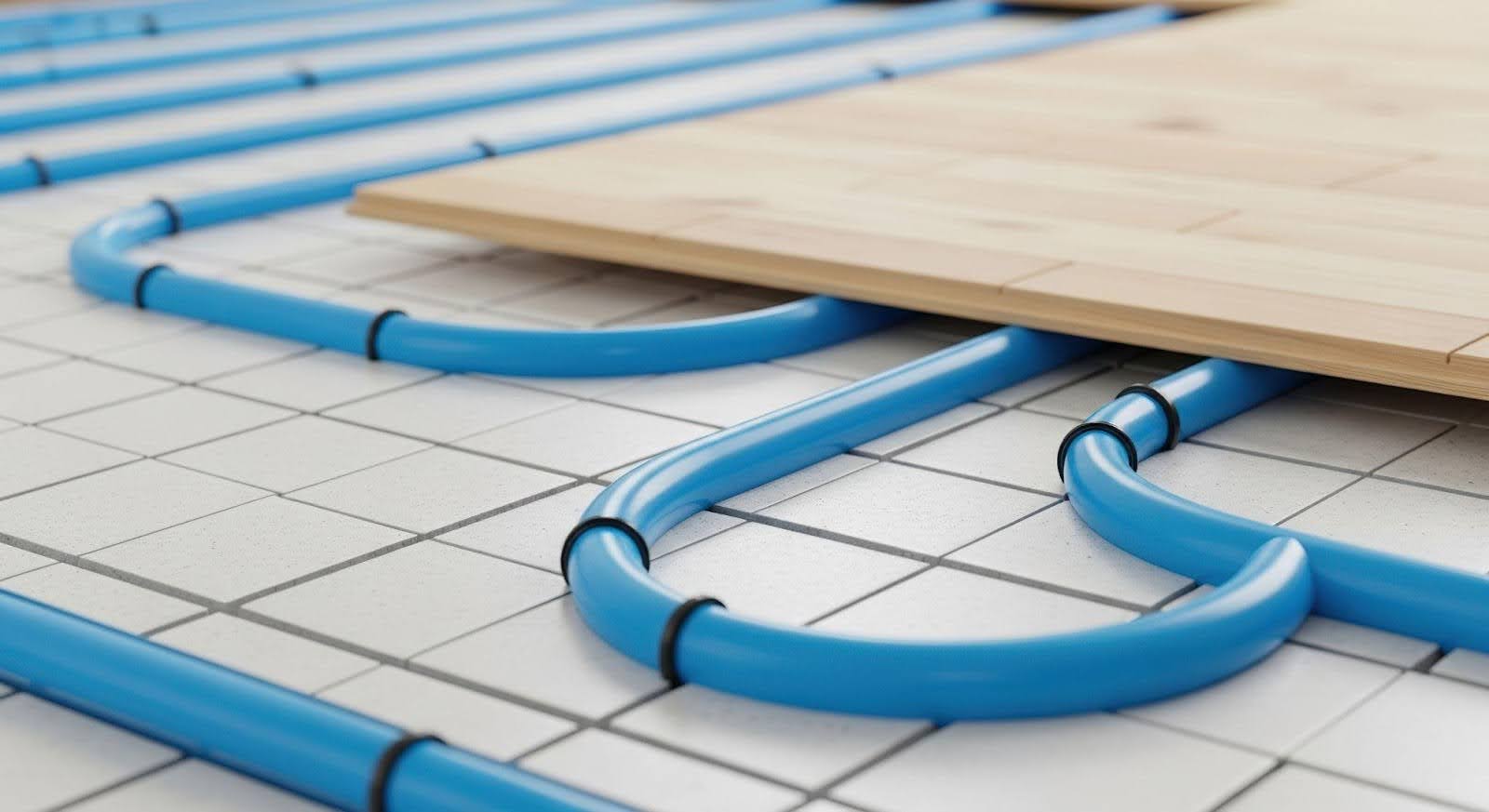Efficient plumbing management in large apartment buildings is essential for maintaining resident comfort, ensuring safety, and preserving the building’s structural integrity. It keeps daily operations smooth and minimizes the risk of disruptions that can impact numerous tenants.
Plumbing complexities in large buildings, from minor leaks to major blockages, require proactive management due to increased wear on communal systems, more frequent clogs and leaks, and the challenges of conducting timely repairs in extensive, multi-story layouts.
This blog explores expert strategies for effectively handling these issues, aiming to sustain both the quality of life for residents and the long-term health of the building.
Regular inspection and maintenance
Regular inspections are vital for maintaining the plumbing in large apartment buildings. They prevent serious issues and disruptions, ensuring residents’ comfort and safety.
Scheduled maintenance tasks might include flushing systems to clear sediment, replacing worn components, and upgrading to more efficient fixtures and appliances.
Preventative maintenance strategies
Effective preventative maintenance is crucial for managing plumbing in large apartment buildings. It prevents issues like clogs and leaks from escalating and ensures systems operate efficiently. To avoid backups and water damage, regularly clear debris from main lines and secondary drains using professional-grade tools like hydrojetting.
Monitor water pressure to prevent pipe and fixture damage. High pressure stresses the plumbing system, while low pressure might suggest leaks or blockages. Install pressure regulators to maintain consistent and safe water levels.
Implementing a routine maintenance schedule:
- Monthly checks: Perform visual inspections of all exposed plumbing, test emergency shut-off valves, and check for leaks or corrosion. Flush drains in less-used areas to prevent odors and dry traps.
- Quarterly tasks: Clean all water filters, check water heaters for efficiency, and assess the functioning of a sump and lift pumps every three months. Inspect joints and connections in accessible pipes for signs of wear or leakage.
- Annual reviews: Annually, have a licensed plumber conduct a comprehensive inspection of the entire plumbing system. This includes using a camera to inspect underground sanitary drains, testing backflow prevention devices, servicing major appliances, and assessing the condition of roofs, vents, and stacks.
Dealing with common plumbing issues
Regularly inspect common areas and individual units for signs of moisture, such as discolored tiles, peeling paint, or mold. Use tools like moisture meters or thermal imaging cameras to detect hidden leaks.
Stay vigilant about potential clogs in both main drains and individual units. Educate residents on what should not be flushed or poured down drains. For persistent clogs, routine snaking of main lines or the use of enzymatic cleaners can help maintain clear pipes.
Monitor water pressure regularly; low pressure might signal a leak or blockage. Check if valves are fully open, filters are clogged, or pressure regulators are malfunctioning.
Troubleshooting Steps:
- Initial Checks: Perform basic checks like ensuring shut-off valves are open and faucet aerators are clean. Check if low-pressure issues are isolated to one area, suggesting a localized problem.
- Using Tools: Use simple tools like plungers for minor clogs or a wrench for tightening loose fittings that may cause leaks.
- Documenting Issues: Maintain a log of recurring plumbing issues and symptoms to assist professionals in diagnosing complex problems.
Emergency preparedness
Effectively managing plumbing emergencies in large apartment buildings is crucial. Craft a comprehensive plan outlining emergency contacts, specific procedures for various plumbing incidents, and, if necessary, evacuation routes. Train all building staff thoroughly to ensure they know their roles and can act promptly during an emergency.
Stock essential tools and supplies tailored for plumbing emergencies, including pipe wrenches, pliers, hacksaws, sealants, and heavy-duty gloves, alongside a well-stocked first aid kit.
Hold frequent training sessions to keep the maintenance team adept at handling emergencies, using tools safely, and applying first aid.
Apartment managers who establish a detailed emergency plan are able to handle plumbing emergencies more effectively, safeguarding both the property and its residents.
Resident communication and guidelines
Effective communication with residents is essential for successful plumbing maintenance in large apartment buildings. By keeping residents well-informed about maintenance schedules and plumbing issues, they become proactive participants in maintaining the plumbing system’s integrity and efficiency.
Effective resident communication strategies:
- Regular updates: Use emails, newsletters, or a resident portal to keep everyone informed about maintenance schedules, any ongoing issues, or changes in water usage. Transparency fosters trust and cooperation.
- Educational materials: Provide educational flyers or digital content on common plumbing problems and how residents can prevent them. Include tips on what to avoid flushing down toilets, how to address minor clogs and the importance of reporting issues.
- Feedback mechanisms: Set up easy-to-use channels for residents to report plumbing concerns, such as a dedicated phone line or online system. This encourages early reporting of issues, preventing them from escalating.
Establish clear guidelines for residents:
- Dos and don’ts: Clearly communicate what is and isn’t allowed in the plumbing system. Prohibit non-biodegradable items like wipes and grease, and emphasize proper waste disposal.
- Preventive measures: Encourage the use of drain strainers to catch debris and recommend regular use of natural cleaning methods to keep drains clear.
- Emergency procedures: Outline specific actions residents should take in a plumbing emergency, including how to shut off water and whom to contact immediately.
Educating residents reduces preventable plumbing issues that can cause significant damage. Well-informed residents are quicker to report problems, reducing potential damage. Transparent guidelines and effective communication build a cooperative atmosphere, enhancing the living environment for all.
Prioritizing effective communication and establishing comprehensive resident guidelines helps property managers not only safeguard the plumbing system but also enhance the overall community living experience.
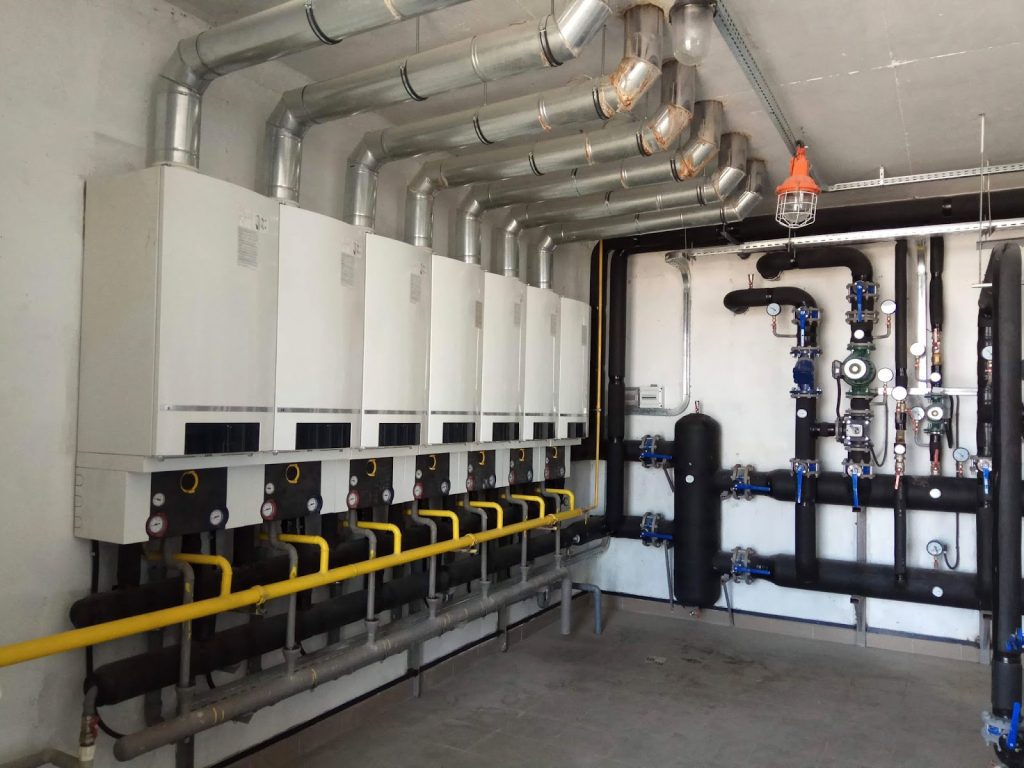
Legal and compliance considerations
Navigating local codes and regulations is crucial for effective plumbing management in large apartment buildings, ensuring both legal compliance and the safety of residents.
Familiarize yourself with your area’s specific plumbing codes, which vary by region and aim to ensure safety, efficiency, and environmental responsibility. Engage with local authorities or hire consultants specializing in property law or building codes to obtain current information and guidance.
Stay informed about changes in legal requirements and industry best practices by regularly attending relevant workshops or seminars.
Ensuring compliance to avoid legal issues:
- Conduct regular audits: Regular audits help ensure your plumbing systems meet local regulations and identify compliance issues early, avoiding costly problems.
- Maintain documentation: Keep detailed records of all plumbing installations, repairs, and maintenance. These records are crucial during inspections or legal disputes, demonstrating compliance and due diligence.
- Address issues promptly: Quickly resolve any compliance issues. Timely action not only shows a commitment to maintaining standards but also prevents minor issues from becoming major legal concerns.
Staying compliant helps avoid fines and penalties, protecting your business reputation. Compliance ensures that plumbing systems are safe and functional, safeguarding both residents and the property. Diligent adherence to laws and prioritization of safety increase resident trust and satisfaction.
Trust Salisbury Plumbing
Plumbing management in large apartment buildings demands expertise and a reliable partner. Salisbury Plumbing provides tailored services that meet the unique needs of large residential properties, ensuring efficiency and compliance with local regulations.
With an experienced team and a commitment to quality, Salisbury Plumbing is your ideal choice for dependable plumbing solutions. Contact Salisbury Plumbing today to maintain your property’s plumbing and keep your operations compliant and smooth.
toto slot

